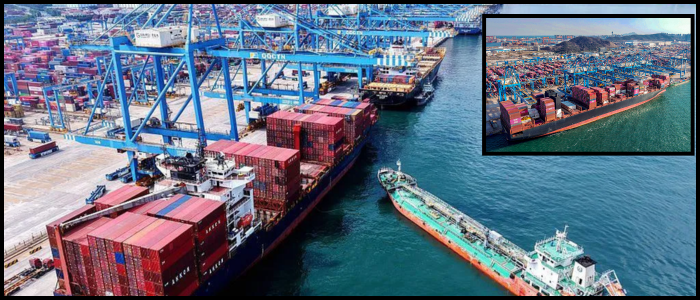Price swings in oil are not unusual during bouts of international crisis, but the price is far from the highs reached earlier in 2022 when oil surged to nearly $130 a barrel after Russia invaded Ukraine. Even though short-run prices dropped, there are also lingering worries that on‐going instability could send prices higher, with all of the impacts on costs throughout the economy.
Possible Effects on Consumers and the Economy
The impact of high oil prices can be most directly felt at petrol pumps - but it is never just confined to them. Costlier oil drives up costs for energy, affecting everything from agriculture and food processing to transportation and manufacturing.
Analysts point out that a $10 rise in the cost of oil can result in an increase of around 7p a litre at the pumps. But it’s more than just oil. Gasoline prices also rose in the aftermath of last week’s events, a development that could indirectly drive higher household energy bills depending on how long elevated prices endure and how regulatory caps react.
Rising energy prices may have implications for inflation if they persist. A large jump — a return to $100 a barrel, for example — could conceivably add 1% to inflation in advanced economies, muddying the work of central banks as they struggle to calibrate interest rates.
The Future of Global Energy and Stability
The fate of price movements will depend in the main on the length and size of the Israel/Iran fracas. The degree to which other countries get involved and the degree to which the United States is able to have helped mediate the tensions can also be crucial, he said.
The Strait of Hormuz is a particular concern, the narrow waterway near Iran through which about 20% of the world’s oil is transported. While a disruption there is still unlikely, earlier threats by Iran have rattled the world. Even a hint of disruption of this shipping lane would have devastating supply repercussions and send prices rampaging skyward.
Global energy demand is blunted at the moment, unlike in 2022, and oil producers like Saudi Arabia and Brazil have more room to pump out oil. This could provide a stabilizing force for markets should the crisis spiral further out of control.
Even so, some who are long — or betting stock prices will rise — said an escalation in the Middle East could seriously test a wobbly global economic backdrop that already has seen attention turn to the strength of overseas markets and of economic leadership.
Business

Israel-Iran conflict triggers oil price rise and global concerns

The latest military escalation between Israel and Iran rocked the financial markets, nowhere more than in the energy markets. Oil prices surged after missile and drone strikes over the weekend. Brent Crude, the global benchmark, surged above $78 a barrel on Friday before retreating to around $74.50. It is still close to $10 above where it was a month ago.















